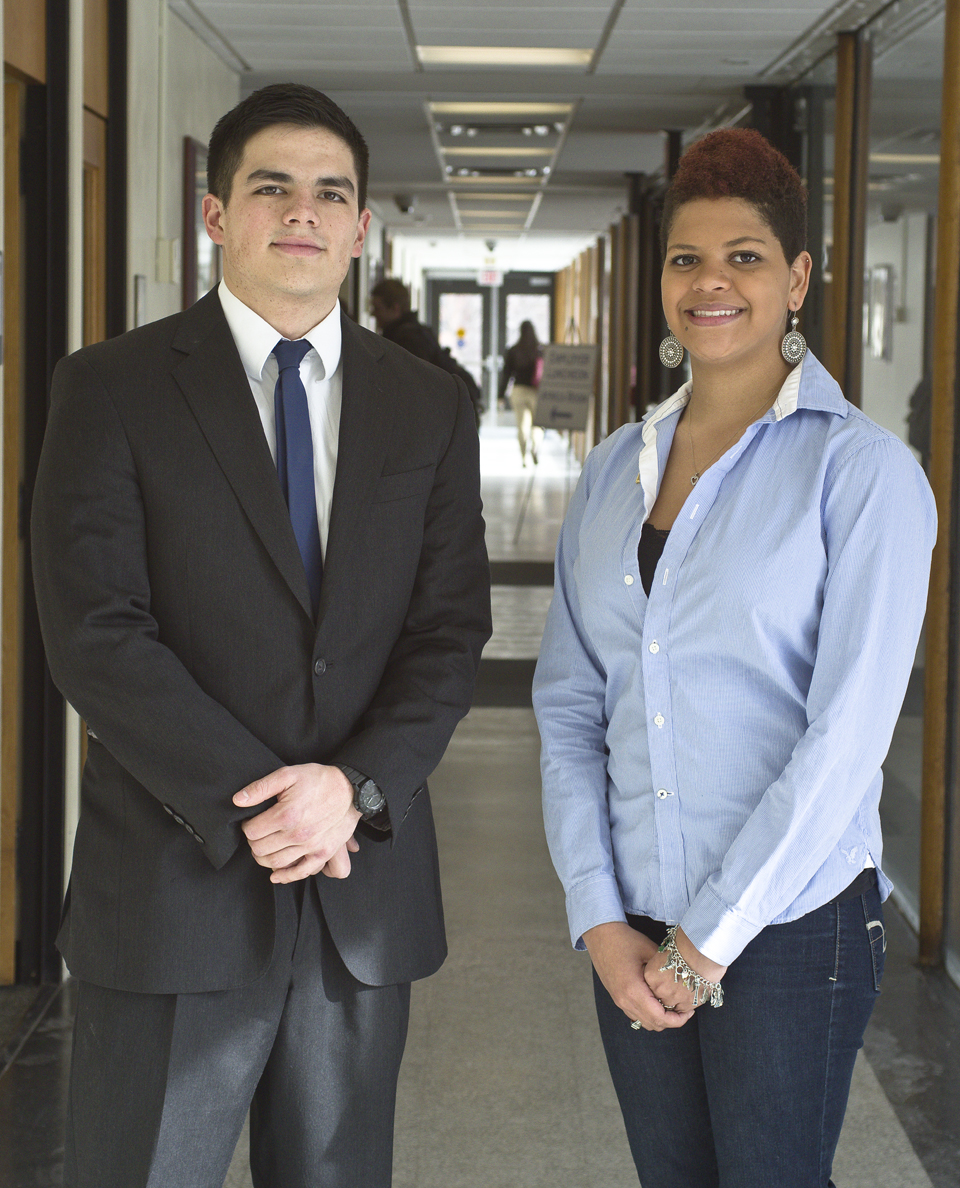
By Rachel Pierce | Staff Columnist
2/15/18
Duquesne University has an opportunity to jump on a growing trend, one predicted to take over the world: bitcoin. Universities like Princeton, Carnegie Mellon, Cornell and Duke have already began to offer courses on bitcoin, and the classes are maxing out fast. What is the appeal of bitcoin that seems to captivate students nationwide?
Bitcoin, which is a type of cryptocurrency, is similar to a stock. Its value is dependent on what investors are willing to pay. Bitcoin is sold and bought online. As with any new trend, there are critics.
Bitcoin is extremely volatile. MarketWatch reports bitcoin’s value sat around $800 last year. This past December, bitcoin was valued at $19,000. Though $800 to $19,000 seems like a large range, forecasts of future values range from zero to $500,000. Daily, bitcoin fluctuates about five percent, while gold and silver fluctuate only 1-2 percent. It is likely that bitcoin would be accepted more if it were less volatile.
In terms of logistics, bitcoin poses more questions. The New York Times explains that cryptocurrency already challenges traditional law by blurring the lines of what constitutes as a security or a commodity. Currently bitcoin classifies as a commodity under the U.S. Commodity Futures Trading Commission.
So why are people so interested in bitcoin? Why are universities across the country adding courses on bitcoin? Cryptocurrency is arguably safer because investors are not stripped of their personal information like they are with banks. Deutsche Bank predicts that bitcoin “will probably fill a niche, at least in the short term. Traditional banking and bitcoin can coexist.” So if you’re not invested in bitcoin or plan to be, you won’t fall behind. But it is a good idea to invest.
Those who have invested years ago are selling as bitcoin’s value is mounting. Now that investors have profited from cryptocurrency, more people are jumping on the bandwagon. The earlier people invest, the more profit they collect. This perhaps explains the sudden push to create courses surrounding bitcoin at universities across the U.S.
Duke business school professor Campbell Harvey notices “the student in my class are from every possible discipline” as reported by The New York Times. Bitcoin pertains to business, as well as engineering and law. Harvey said, “they want to be the disrupters, not the distruptees.” In other words, it is still early enough to be ahead of the game and be among the few who profit from bitcoin. As bitcoin becomes more and more popular, the more investors will gain.
As for Duquesne, it seems likely that courses would fill up with students. Duquesne (major) student, Tommy Diff, invested in bitcoin back in 2013 when one coin was about 250 dollars. “I think now is the perfect time for students to invest in bitcoin because the number of companies that are beginning to adopt bitcoin as a form of payment.” Diff also recognizes that once the processing lag is fixed, bitcoin will be more readily accepted. According to Morgan Stanley, it takes bitcoin 10 minutes to process a single transaction. Visa and MasterCard process over 5,000 transactions per second.
However, Duquesne Sports Marketing student Ryan French disagrees. “From investing, personally, I don’t think bitcoin is the move at the moment. I invested $50 and I am currently down 20”. But both students seem to agree that Duquesne should offer courses on bitcoin. “I would love to learn more about my investment and how it works,” says French. “I’m sure a lot of other students would too.”
As a university, Duquesne should consider offering classes that align with our world and student’s interests. As students, we should hope that Duquesne remains in touch with new technology and information. Duquesne could attract more upcoming students if classes are more current and timely than those at competing schools.
Personally, due to the newness of bitcoin, I would not invest too much money or time into it. As a learning experience, (especially those studying law, business or engineering) I think that bitcoin is a great outlet. As bitcoin becomes more stable and trusted, I would invest more. I do believe that in time, bitcoin will play a large role in our economics.
Regardless of your opinion of bitcoin, cryptocurrency is on the rise. The way we think of money is about to change. But even at the height of bitcoin, it seems that people will always trust traditional banks. If cryptocurrency fails, students should be informed. If it thrives, students should be that much more informed.




